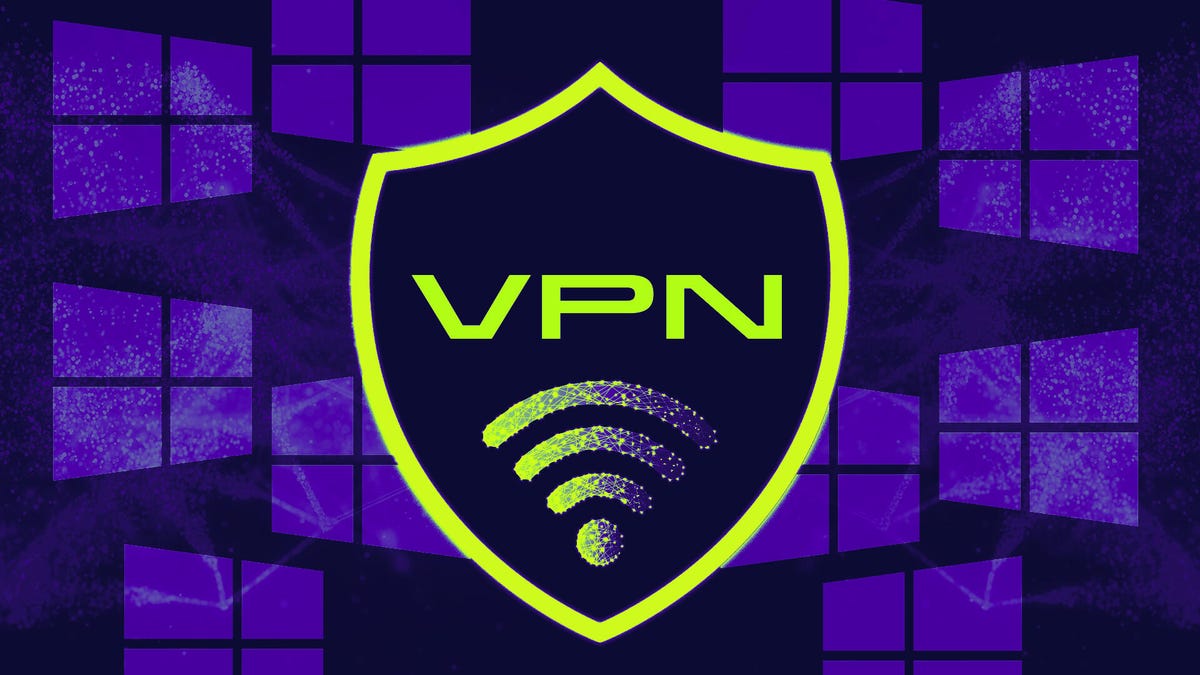There’s much to think about when selecting a virtual private network, including device support, privacy features, internet speeds and price. Here are the main factors to mull over when picking the best VPN for Windows.
Device compatibility
Most VPNs offer an app for Windows. Chances are you’ve got other devices, including phones, tablets and streaming devices that you want to install a VPN on. You’ll find Windows, MacOS, Android and iOS/iPadOS apps from nearly every VPN provider, but certain platforms such as Amazon Fire TV, Apple TV and a Linux graphical user interface app are rarer. If you’ve got an ARM-based Windows device, like the Microsoft Surface Pro, you may want to consider a VPN provider with Windows ARM support. Providers like NordVPN, Proton VPN, Surfshark, ExpressVPN and PIA offer ARM apps. Think about the non-Windows gadgets you want to use a VPN with and make sure your desired provider has an app.
Privacy
Privacy is one of the main reasons to use a VPN. At a minimum, we recommend AES 256-bit encryption (for the OpenVPN and IKEv2 VPN protocols) or ChaCha20 (WireGuard), a kill switch and a strict no-log policy. No-logging claims are tough to verify with absolute certainty — you can and should be skeptical — but it adds peace of mind. Third-party audits improve transparency while backing up no-log assertions. You may find split tunneling — which lets you use a VPN for some applications but not others — useful. For instance, you can stream The Jetty on BBC iPlayer from outside of the UK with a VPN while downloading Red Dead Redemption II on Steam without hurting your download speeds.
Internet speed loss
All VPNs somewhat slow down your internet download and upload speeds because your data doesn’t merely travel through your internet service provider’s servers, but instead tunnels through your VPN provider’s server for encryption. Some companies feature faster speeds than others. The fastest VPNs deliver minimal speed loss of 25% or less, which is ideal for bandwidth-intensive activities like 4K video streaming, uploading videos to YouTube and competitive online gaming.
Server network
A robust server network lets you find an ideal connection. You’ll want a high number of servers and a large list of individual countries. A VPN company with fewer overall servers but more standalone countries might work better for travel because you’ve got a broader selection of nations to pick from. The best VPNs for Windows, including ExpressVPN, NordVPN, Surfshark and Proton VPN, offer 100 or more servers.
Content unblocking
Aside from privacy, many folks use VPNs to circumvent regional restrictions. Whether that’s unblocking streaming content, like accessing UK Netflix libraries in the US or avoiding annoying but necessary CAPTCHAs while traveling abroad, a VPN has you covered. For streaming, you’ll want to ensure your VPN works with your desired services, like Netflix, Disney Plus, Hulu or Amazon Prime Video. That way, you can watch your Netflix movies or shows from abroad with a VPN so you can get your Host Frosty or Bridgerton fix from anywhere in the world. Some services, like Netflix and Disney Plus, let you access foreign content libraries and country-specific streaming services may be unblocked from abroad. For instance, you can stream out-of-market NFL games using a VPN to make it look like you’re in a different location. You may even be able to save money streaming with a VPN.
Customer support
Especially if you’re new to VPNs, a robust section of help guides and frequently asked questions lets you get help more easily. We appreciate companies with detailed installation instructions and troubleshooting tips. For more advanced assistance, 24/7 live chat online or over the phone is great whether you’re having connectivity problems or have billing questions.
Price
A VPN sets you back anywhere from $10 monthly to $100 annually. Generally, you’ll save by purchasing a year-long subscription, with greater discounts on two- or three-year purchases. Despite the lower cost, we recommend avoiding a multi-year plan because of how fast things change in the VPN realm. Your provider might offer fast speeds and excellent privacy features at the onset, but it could suffer a data breach or get acquired by a shady company. For the best value with the least risk, stick with annual plans. At the high end, companies charge $90 to $100 per year, while a good value VPN runs you around $40 to $60 annually. Commonly, companies provide sweet introductory prices for your first year of service, then hike the price. If you renew during a sale — like around Black Friday or Cyber Monday — you might still get a great deal.
